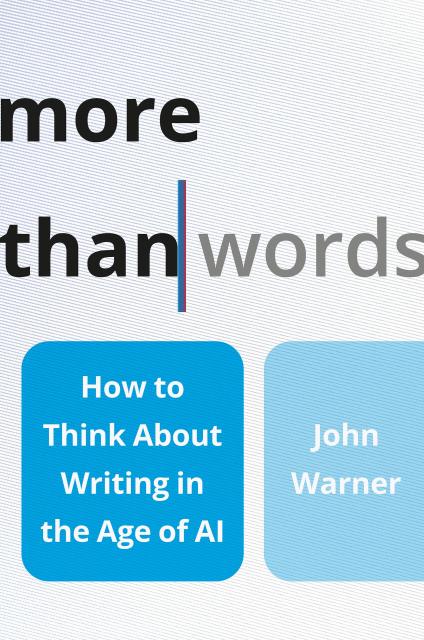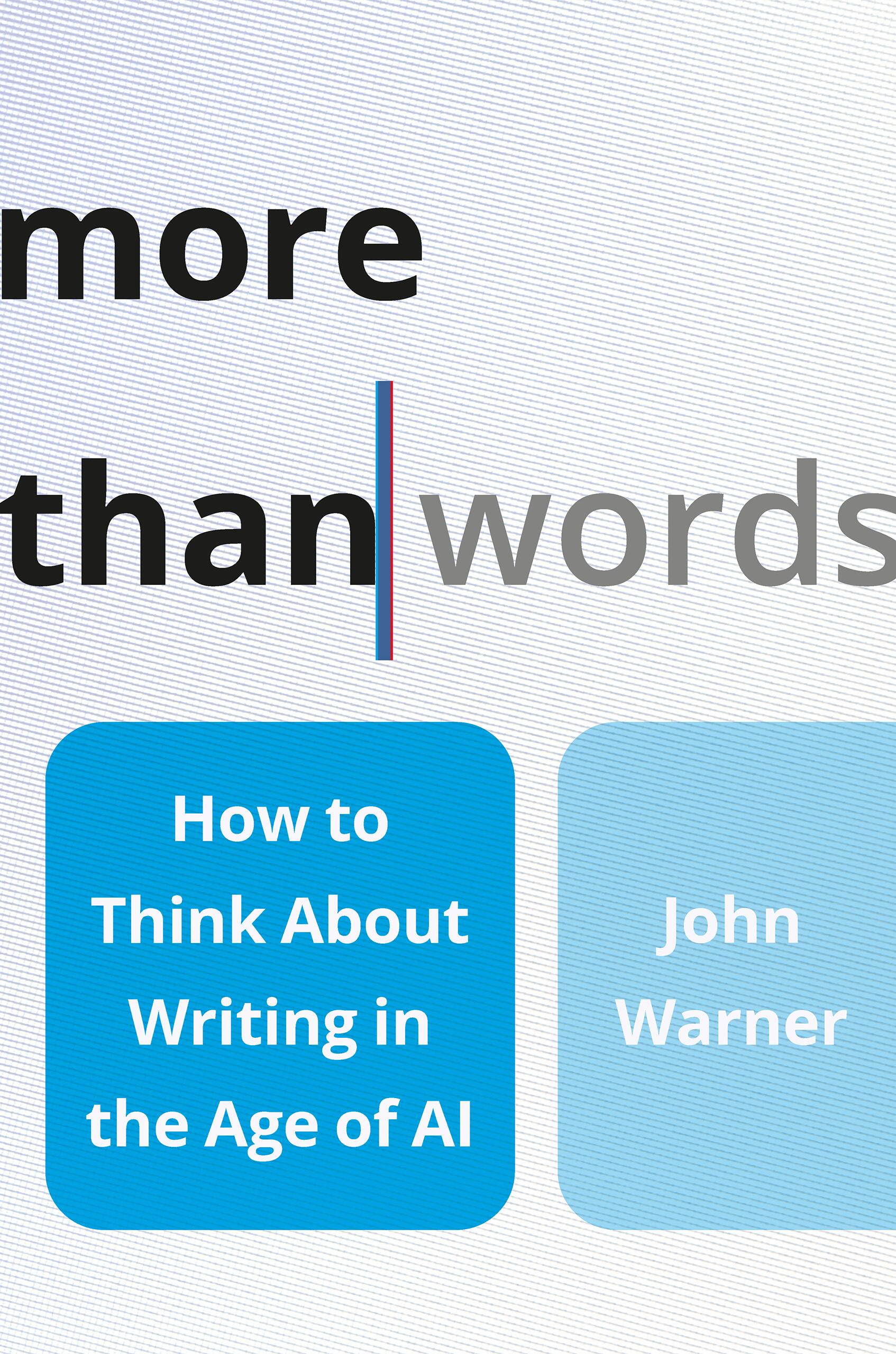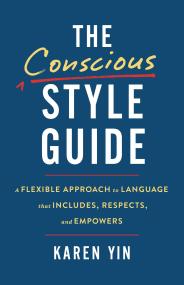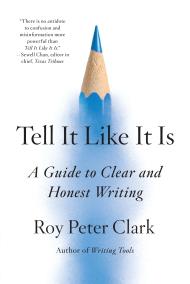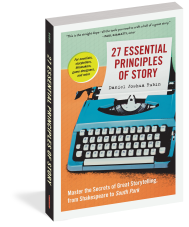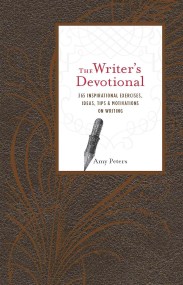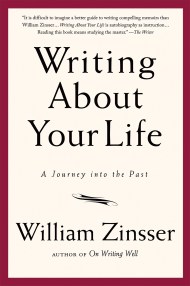More Than Words
How to Think About Writing in the Age of AI
Contributors
By John Warner
Buy from Other Retailers:
- On Sale
- Feb 4, 2025
- Page Count
- 320 pages
- Publisher
- Basic Books
- ISBN-13
- 9781541605503
A veteran writing teacher makes a “moving” (Rick Wormeli) argument that writing is a form of thinking and feeling and shows why it can’t be replaced by AI
In the age of artificial intelligence, drafting an essay is as simple as typing a prompt and pressing enter. What does this mean for the art of writing? According to longtime writing teacher John Warner: not very much.
More Than Words argues that generative AI programs like ChatGPT not only can kill the student essay but should, since these assignments don’t challenge students to do the real work of writing. To Warner, writing is thinking—discovering your ideas while trying to capture them on a page—and feeling—grappling with what it fundamentally means to be human. The fact that we ask students to complete so many assignments that a machine could do is a sign that something has gone very wrong with writing instruction. More Than Words calls for us to use AI as an opportunity to reckon with how we work with words—and how all of us should rethink our relationship with writing.
-
“Warner [illustrates] that the act of writing is not about the production of words, but is, rather, a complicated and deeply human process that involves a relationship between thought, memory, intention and language.”David Perry, Washington Post
-
“Compelling.”Joseph Epstein, Wall Street Journal
-
“Warner’s book offers many reasons to feel hopeful about the future of writing.”Jasmine Gonzalez, Porchlight
-
“Warner takes what could be a dry, technical subject and enlivens it with plenty of personal experiences and real AI responses to prompts to illustrate his point.”Lin Johnson, Christianity Today
-
“In lively prose and with many engaging personal anecdotes, [Warner] deftly explains how ChatGPT mines data for examples to imitate… Anyone who loves to read and write, who teaches excellence and personal achievement, and who remains convinced that people are unique will find this book a welcome arrow in their humanist quiver.”Kirkus Reviews
-
"Warner offers smart commentary on the downsides of AI, particularly its ability to bypass critical thinking, and the suggestions on adjusting to the software’s increasing popularity are thought-provoking… This provides plenty of food for thought."Publishers Weekly
-
“This is the book with everything you need to know about writing and AI all in one place, lucidly and passionately argued. Every teacher and every professor should have this book. Every legislator, every policymaker. Every parent and every student. Every publisher of newspapers, websites, and books. Here, John Warner exposes the ethical wasteland of replacing human writing with machine-made ‘content.’ He warns of the profound environmental costs of AI—trillions of gallons of water to cool data servers that produce nonsense no one wants or needs. And he reminds us only humans can write and only humans can read, and that writing is thinking—and if we allow machines to write for ourselves, then we’ve allowed them to think for us, too. And that is the sorriest thing a human could do. But Warner provides a better path. This is a scary book, but a hopeful one, too, and an absolutely essential one.”Dave Eggers
-
“Oh, how I’ve been waiting for this book! With his many years of experience as a writing teacher, Warner is the perfect guide for helping us understand what AI means for writers. Now is the perfect opportunity to rethink our ideas about writing and what’s so special about being a human who works with words. I stole a ton of inspiration from this book and so will you.”Austin Kleon, author of New York Times bestseller Steal Like an Artist
-
“Does AI threaten the art of writing itself? As Warner’s wise, warm, and much-needed intervention shows us, the answer is no. By automating the production of low-quality text, AI companies can, however, threaten the practice and economics of writing. This lucid and compelling book gives us the tools to reject and resist what’s noxious about generative AI and to meaningfully engage with what it means to write, as a human, in a world increasingly overrun by cheap and meaningless content.”Brian Merchant, author of Blood in the Machine
-
“Reading this new contribution from Warner makes us realize what we’ve been missing in other works about, or generated by, AI: experienced, authentic writing by someone in charge of their craft, fully respecting the human on the other end. This work is deeply readable. Not that it is simplistic, but instead, that it’s so well written and deeply substantive that we find it moving and applicable. Sign me up for this level of cogency.”Rick Wormeli, author of Fair Isn’t Always Equal
-
“All educators should read this thoughtful analysis of the impact of generative artificial intelligence on themselves, their students, and education more generally. Warner’s arguments rest on the notion that authentic writing tasks are fully intertwined with thinking, feeling, and learning. But from those foundations, he discovers deeper insights about how humans and machines interact, and why we should never allow automation to supplant the work that makes us human.”James M. Lang, author of Distracted
-
“This book is essential reading for everyone—writers, students, teachers, parents, administrators—navigating the evolving landscape of AI writing tools and tech company hype. Warner makes a powerful case for the role of writing as thinking, writing as feeling, and writing as a human practice that will endure in the AI era. Warner’s clear-eyed wisdom about writing and teaching, and his engaging—and very human—voice, will leave readers inspired, informed, and optimistic about the future of writing.”Jane Rosenzweig, director, Harvard College Writing Center
-
“A necessary intervention in all the marketing hype and overpromising about artificial intelligence. This book is a must-read for anyone who feels pressured to adopt this new technology: teachers, students, professional writers, and nonprofessional writers (emailers, all of us) alike. Warner challenges the notion we aren’t ‘innovating’ or ‘optimizing’ or churning out ‘content’ fast enough. He explores why writing, particularly in school, has become such an awful chore—for students to produce and teachers to grade. The fix here isn’t new software that promises to make brainstorming and drafting a breeze. Rather, we must revitalize the practices of care and curiosity together, and, in doing so, help foster our understanding of one another—an exercise in civics, not just in essay composition. More Than Words is honest about the struggles we all have with crafting written language, but it helps us see the real dangers that will come with its automation.”Audrey Watters, author of Teaching Machines
Formats and Prices
Price
$30.00Price
$40.00 CADFormat
Format:
- Hardcover $30.00 $40.00 CAD
- ebook $13.99 $17.99 CAD
- ebook $17.99 $22.99 CAD
- Trade Paperback (Revised) $19.99 $25.99 CAD
